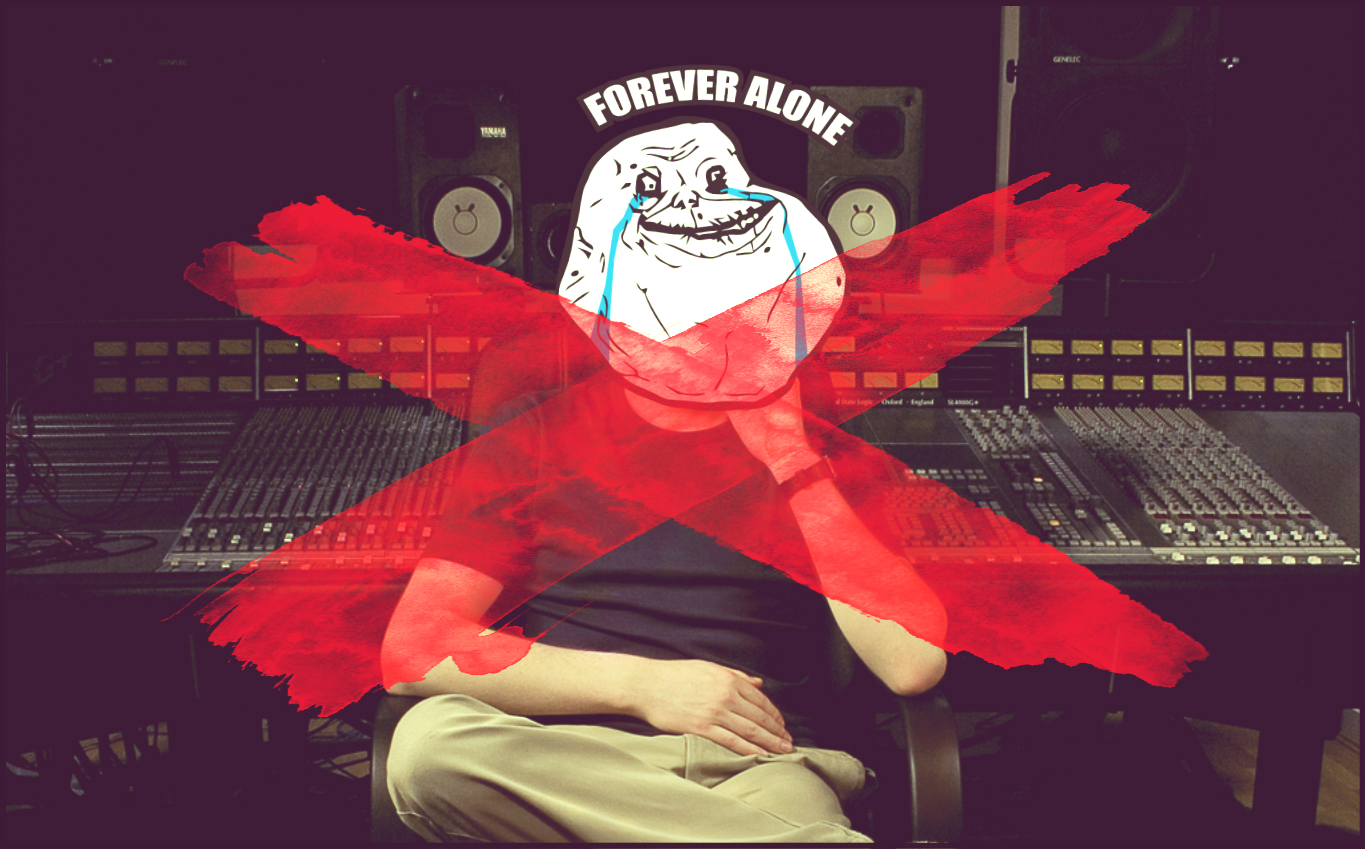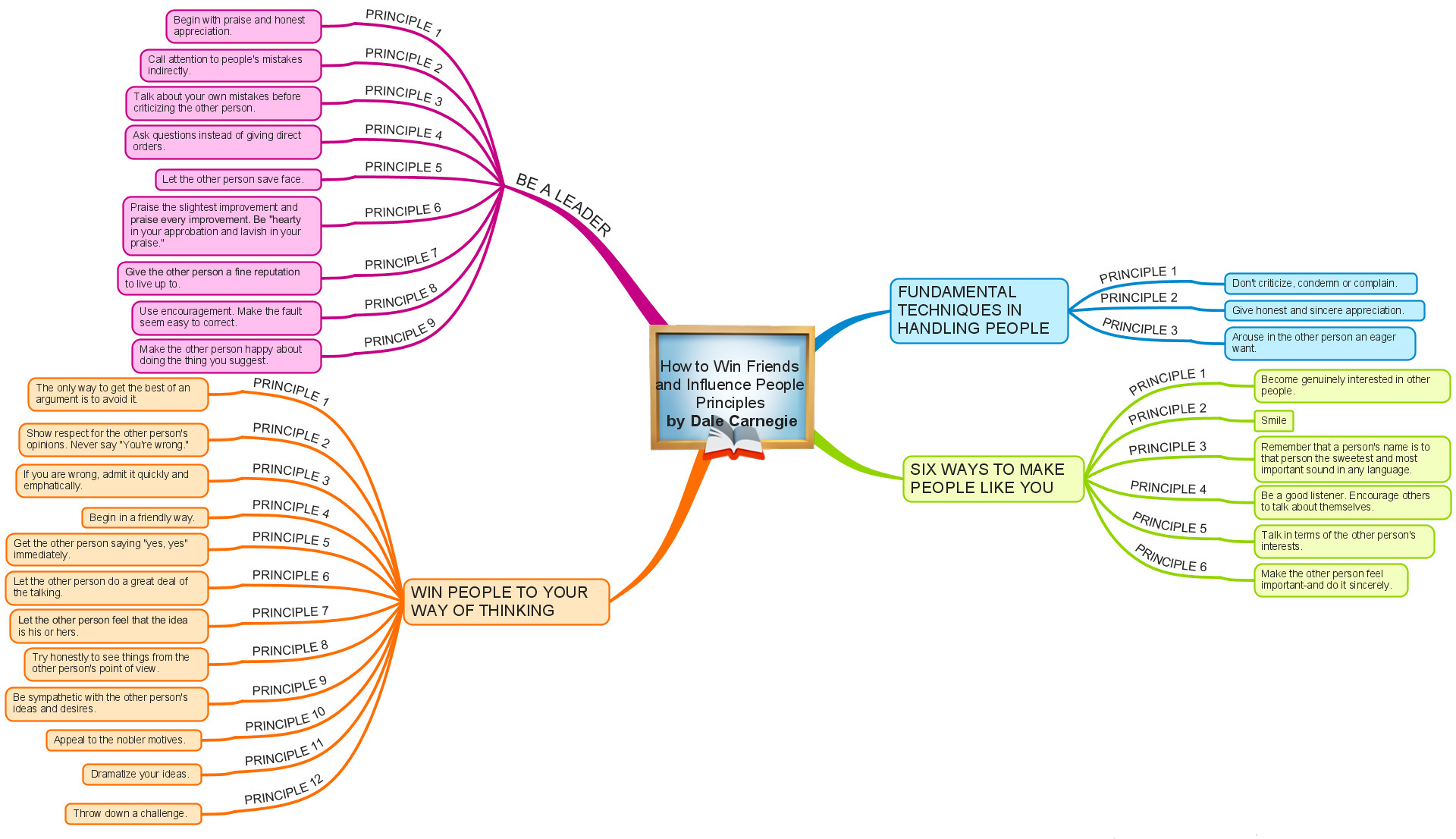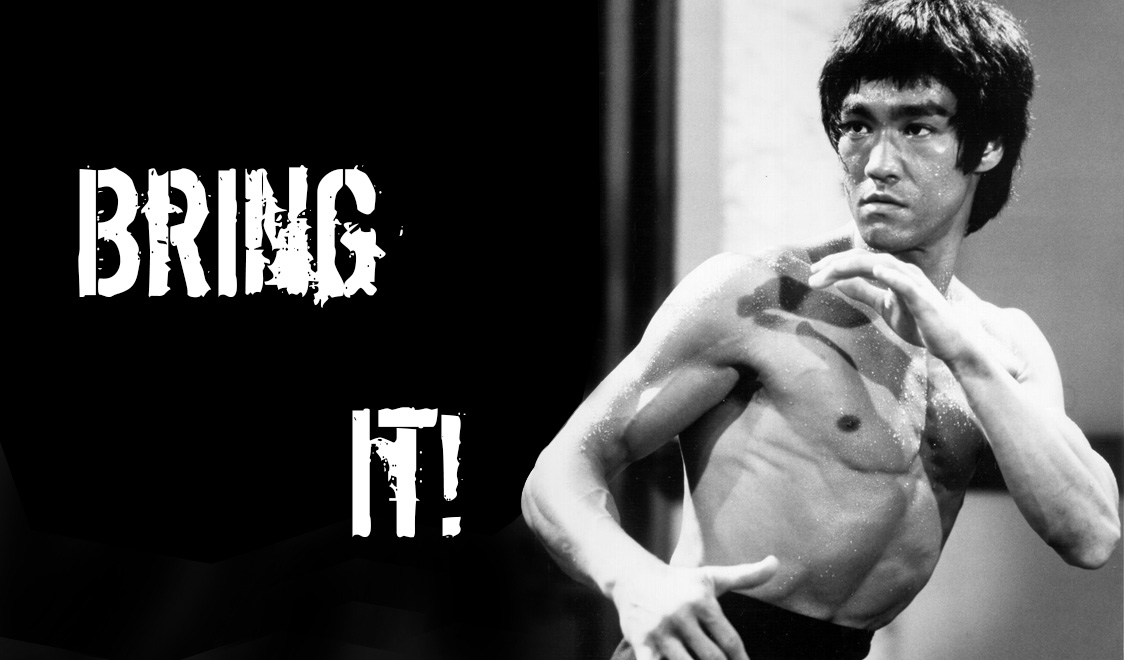Introduction To The Series:
Tired of endless tutorial videos and thick books on mixing? Take a break and live a bit!
*SHH, JOEL WANASEK WILL HEAR YOU!!!*
All “#Smalltime” jokes aside – Believe it or not, staring at a computer screen or sitting in front of a mixing console in the studio for weeks-on-end without seeing any sunlight isn’t the only way to improve your productions…
Often, simply going about your everyday tasks while focusing on a certain goal you have in mind is enough to cause breakthroughs and improvements! Sound a bit crazy? Read on to find out exactly what I mean…
Here are 3 tips which might have a positive effect on your musical output and help expand your studio business in the process:
1 – Listen & Learn (To/From Other Genres)

“You’ll learn more from the stuff you hate, than you will from the stuff you love. Just remember, not only do we have to be really passionate about what we are doing… We have to be really open minded. Why? Because if you’re close-minded, the open-minded guy sitting next to you will go right past you… And you’re not even going to realize he went right past you. So, don’t discriminate.” – Manny Marroquin (Mixer – The Weeknd, Rihanna, Linkin Park)
Time for a (hopefully) relevant little backstory…
As a young kid growing up, I was heavily influenced by the music which my parents were listening to. Luckily for me, this usually meant that great classic rock acts such as David Bowie, The Beatles, The Doors, The Rolling Stones etc. were on constant rotation in the car, or around the house at any given moment.
As is fairly common in the case of young kids who are raised on classic rock, I eventually found my way into the world of heavy music.
The problem? I also took on what I like to call a “closed-minded metalhead superiority complex” in the process.
Not sure what I’m on about?
Here’s some further context… I was the kind of teenager who proudly wore an “if it ain’t metal, it ain’t music” t-shirt. I looked-down on anybody with varying musical tastes to my own as “inferior human beings”…
Almost sounds too stereotypical and cringe-y to be true huh? Unfortunately, that was me as a 12 year-old…
Fast forward a few years to my teens…
Thankfully, getting into the technical side of audio and learning about synthesis, alongside discovering various crossover bands such as The Prodigy, Pendulum and Enter Shikari really helped open my eyes towards the possibility of good music outside of metal. As I progressed in my audio career and began to explore a wider range of music, I eventually reached a point where I had abandoned my limited mindset entirely, and simply listened to anything that sounded good regardless of genre.
Cool Story Bro, Your Point?
Based on the little life story I’ve just told you, here are a few pieces of advice on interacting with music for a better career in audio:
- Limiting yourself to to a single musical scene can eventually get boring and result in creative stagnation: Metal is awesome, but not awesome enough to be the sole source of listening and creative release for your entire career…
- The exact same concept also applies to music production: The truth is, most metal mixes will follow a similar formula when it comes to instrumentation and processing. Learning how to mix different instruments and overcome the various challenges a Country, EDM or Hip-Hop track might throw your way will only serve towards improving your capabilities as an engineer. What have you got to lose?
NOTE: A prime opportunity for broadening your musical horizons is this month’s NailTheMix, featuring a great selection of country tracks provided by mixing legend Billy Decker. Check it out here:
https://www.youtube.com/watch?v=sV2CrMB6czw
- Don’t generalise based on a single experience: Just because you dislike a particular band or artist doesn’t mean that you won’t find something else which you do like within the same genre if you give it a chance…
Conclusion: There is a definite element of personal taste involved in this whole argument. You don’t have to like EVERYTHING.
I can however guarantee that if you step outside of your comfort zone and just give some other genres a chance, you’re bound to find SOMETHING that will tickle your musical senses eventually!
2 – Creative Crosstalk

One of the awesome things about working in media is the amount of transferability, or as I like to call it “Crosstalk” that exists between creative skillsets.
Having the knowledge necessary for making sure each and every aspect of what you do is up to a fairly professional standard is important towards making a good first-impression on whoever may be watching (or listening). A great way of doing this is by gaining a some basic skills in each of the media elements involved in the overall process.
At this point you may be thinking: “Can’t I just pay somebody else to do that stuff…?”
Sure you can! But the costs involved in constantly having to outsource to maintain a certain level of professionalism can really start to add up over time…
Instead, why not invest 10-20 hours of your spare time towards becoming moderately competent in a new skill which will most likely have a positive domino-effect on the quality of everything you put out from that moment onwards?
In order to give you some further perspective – Here are a few basic examples of what I like to call “Creative Crosstalk” from my own life:
- Video > Music Production: As I’ve already discussed briefly in this article, having eye catching visual content is imperative towards making sure people take notice of your content in this day and age. I can tell you from personal experience that any piece of music I’ve ever released with an accompanying video has received far more interest than the ones which went without…
- You don’t need to spend a fortune to achieve decent results either, a GoPro and a set of studio lights which you can use to capture high-quality playthrough videos will only set you back a-few-hundred $!
- Art > Writing: Having some basic artistic & image editing skills allows me to put together the simple graphics which I use within my URM Blogs on a weekly basis. Are they intricate and flashy? No… But they do (hopefully) help convey my points and add a nice splash of colour to some otherwise long and often technical articles on music production!
- Writing > Music Production: My brother (who works alongside me at our studio “Brett Brothers Recording Studio”) is an avid reader of fantasy & science fiction, and has been writing his own material for a few years now. His insight into storytelling and literature often comes in handy while writing lyrics and coming up with visual concepts.
NOTE: All of this being said, you don’t NEED to learn how to do everything… It’s important to remember that a lot of this stuff can’t really be forced, and usually requires an initial level of pre-existing interest to build on in the first place – But don’t be afraid to give it your best shot at any rate!
3 – Connect & Collaborate!

Ever put high hopes on the success of a project, only for it to seemingly disappear off the face of the earth and sink into obscurity within a few days of sharing? Might be time to pool your (and someone else’s) resources and expand your potential reach!
Although audio engineering may seem like a nerdy job which is well suited to introverts from the outside, the hard truth is that it relies heavily on networking and socialising if it’s to be done successfully.
This being the case – Here are a few of the incredible advantages of teaming up with somebody else for a project or two:
- Gain access to a far greater network of potential listener’s than if you were to go it all on your own: This will often come in the form of advertising on social media, which can potentially result in people you’ve never even met liking, sharing and purchasing your content.
NOTE: Why do you think big YouTubers appear on each other’s channels from time to time? – For this very reason…
- If your collaborator feels invested in the project, they’ll most likely put more effort into it’s success: Bringing in somebody at the last moment to just sing through some lyrics you’ve written yourself is great and all, but actually involving them in the writing process and letting them contribute from the get-go will give them a greater connection to the material as a result.
- Working with talented people can raise your overall production standards and help push you into the higher leagues: Choose who you work with carefully. If done right, you might just get noticed by the right people and open-up some valuable business opportunities in the process.
- If people enjoy working with you, they’ll tell others: As proven time and time again throughout the course of musical history, word of mouth is one of the most powerful advertising tools that exists. Making sure you’re down-to-earth and simply cool to hang out with in the studio will go a long way towards prompting the people you work with to recommend your services to friends and family. Remember: No amount of technical perfection will make up for an unpleasant working experience.
NOTE: Check out my Two-Part “5 Recording Tips” URM Blog series from a while back for some important advice how to interact with musicians in the studio for optimal results:
https://urm.academy/make-your-studio-session-50-better-with-these-5-tips-part-1/
CONCLUSION:
Upon finishing this Blog entry, I noticed that there’s a certain unintentional, overlapping theme of “expansion” present in each of the topics I’ve talked about. That being said, if I had to compile the entirety of this article down to a three pieces of simple advice they would probably go a little something like this:
1 – Don’t limit your musical potential by blindly sticking within a set of self-made boundaries based on identity or ego!
2 – Don’t be afraid to try out new things and test your creative abilities. You never know, you might just end-up being good at them!
3 – Utilising your existing relationships and networking via the results is extremely valuable towards maintaining steady growth. Don’t end up a tech-obsessed studio hermit with no connections to the outside world!
Final Words:
This concludes “Live And Learn: Audio Lessons From Everyday Life – Part 1.” I hope that this article has given you some new ideas to try out during your next project. Be sure to comment below if any of this information has helped you out, or if you have any questions.
Stay tuned for more production/mixing related articles in the not-so-distant future!
Want mix tips from URM Academy? Read them here!
 Nail The Mix is our online mixing school that gives you REAL multi-tracks from REAL bands, plus a mixing class from the producer who recorded it. Past guests include Periphery, Chelsea Grin, Machine Head and State Champs. Join now for instant access!
Nail The Mix is our online mixing school that gives you REAL multi-tracks from REAL bands, plus a mixing class from the producer who recorded it. Past guests include Periphery, Chelsea Grin, Machine Head and State Champs. Join now for instant access!








